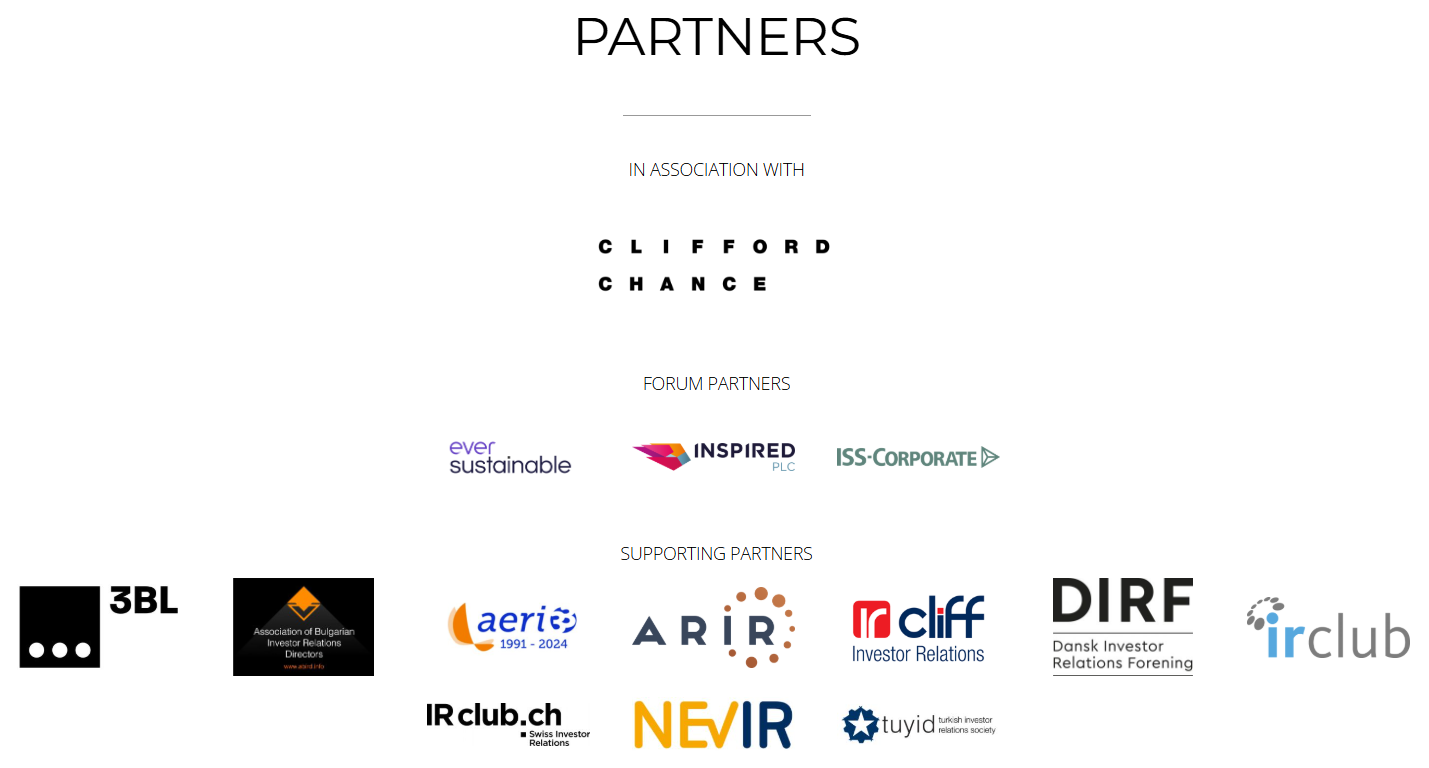The mood at the ESG Integration Forum – Europe in London this week was upbeat despite the huge challenges that companies face from new regulation, shifting investor sentiment and geopolitical realignments.
The attendees – who hold IR, sustainability and governance roles at listed companies – exchanged notes on how ESG-related expectations continue to evolve at a rapid pace, and made a determined effort to focus on the opportunities as much as the risks.
Unsurprisingly, the Corporate Sustainability Reporting Directive (CSRD) was a central focus, with 66 percent of the audience admitting in a poll they don’t feel prepared for its implementation by their respective deadline.
The fact that the European Commission has announced it will combine the CSRD with the Corporate Sustainability Due Diligence Directive and the EU Taxonomy Regulation will be welcomed by most, although it creates even more uncertainty for businesses in the short term.
ESG ratings agency regulation, underway both in the EU and the UK, was also a focus at the conference. Speakers said they didn’t expect ratings methodologies to be harmonized – indeed, some said that harmonization was not a desired outcome of regulations aligning – and added that investors value a variety of approaches.
It was noted that, even if regulation leads to more robust data, the onus will always be on companies to double check and potentially correct any third-party information sources.
A later session tackled how to implement sustainability within your business. The audience heard a variety of tactics for bringing your fellow employees along on the journey, such as asking them to explain what they care about, rather than telling them what’s important.
The panel also highlighted social issues as a growing focus area for both companies and investors, especially how businesses can support workers through different life stages, for example through enhanced paternity leave or support during for staff undergoing the menopause.
Turning to the topic of AI and automation, another audience poll found that 67 percent have not started using AI tools for ESG reporting but would be open to using it in the future. Clearly there is a strong appeal for new technology that could alleviate the ever-expanding reporting burden.
What do you see as the biggest ESG challenges for 2025? Get in touch and let us know at [email protected] or via LinkedIn.











